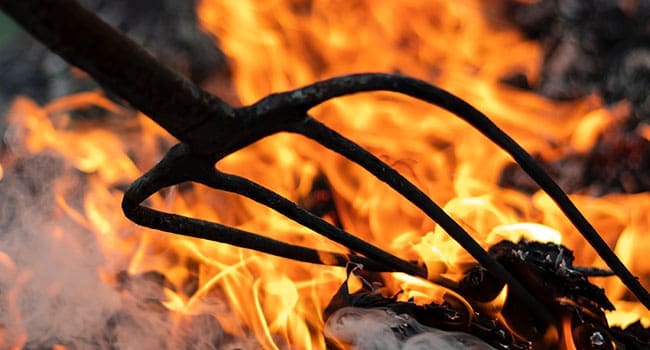 Back in the summer, on our journey stateside, we did Trump sightings.
Back in the summer, on our journey stateside, we did Trump sightings.
Whenever we’d see a Trump bumper sticker, or billboard, or T-shirt, we’d point it out to each other. “There’s another one,” we’d say. Then we’d lapse into silence.
All along Highway 90, we were reminded that we weren’t in Canada anymore. Among other things, it was uncomfortable. Unlike when we are in Canada – where it’s safe to call Donald Trump a racist, sexist and dangerous nationalist out loud – we kept our comments to ourselves. At the border crossing in Niagara Falls, in fact, our son implored us to say nothing about Trump.
“They have microphones at the border,” he said, nervously, and we did what he asked.
So, as we got deeper into the United States, we continued to keep quiet about Donald Trump. As our son suggested, it’s hard to know which white person supports him, and which one doesn’t. But plenty white people did.
And those white people made him president.
When we arrived at our destination in coastal Maine, and we’d unpacked, I consulted Gallup, the pollster which has been around longer than anyone else. As I expected, Gallup noted that Trump’s voters tended to be older, whiter men. But the assumption everybody previously made about the core Trump vote – me included – was wrong.
Until Massachusetts, I simply assumed – like everyone else – that Trump’s vote was rooted in economic insecurity and resentments. I had bought into all of the Rust Belt theory: He was attracting the support in the primaries from older white men who believed they lost their manufacturing jobs to trade deals, technology and globalization. Until Massachusetts.
Massachusetts has one of the highest rates of post-secondary education in the union, you see. And, in the primaries, Donald Trump won Massachusetts in a landslide.
Gallup massive study made clear that the number one preoccupation of the Trump vote isn’t the economy. It’s race.
Said Gallup:
“His supporters are less educated and more likely to work in blue collar occupations, but they earn relative high household incomes, and living in areas more exposed to trade or immigration does not increase Trump support. There is stronger evidence that racial isolation and less strictly economic measures of social status, namely health and intergenerational mobility, are robustly predictive of more favourable views toward Trump, and these factors predict support for him but not other Republican presidential candidates.”
Race, not economy. That’s why Trump called Mexicans rapists and murderers, and that’s why he called for a ban on Muslims, and that’s why he said blacks are the cause of crime. Race. He knew exactly what he was doing in the primaries. It worked, obviously. He knew the dark, seething resentments within the American soul, and Hillary Clinton didn’t.
Being a Canadian, I of course naively thought that the election and re-election of a black man as president meant that the United States of America – where I lived for years, and which I love – meant the end of racism. I watched Jesse Jackson cry on Election Night in 2008 (I may have too), and I concluded that the U.S. had been reborn.
Well, it hasn’t been, and Trump is irrefutable proof.
So too his voters, the ones who have elevated him to the most powerful office in the world. They aren’t a media construct, either. They aren’t made up. They are real people, flesh and blood. And they feel have been left behind by trade, technology and the times. If we’re being honest with ourselves, they actually have been, haven’t they?
Now, don’t get me wrong. I’m not making excuses. Donald Trump is of course a deranged, autocratic, racist piece of garbage. He is the worst of the worst. He is going to be an unmitigated disaster as president, mired in scandal and chaos before the mid-terms.
But, as we headed south along the turnpike, this also is true: He has awoken a beast. And, after he shocked me and everyone I know – except for my friends Nick Kouvalis (a pollster), John Mraz (a political consultant) and Jim Keelaghan (a folk singer, who travels often through the hidden U.S.) – everyone will still have to contend with that beast roaming the U.S., upending conventions and common wisdom. Making us less secure, and less of a people.
The beast is awake, and – even up here – we are not safe.
Warren Kinsella is a Canadian journalist, political adviser and commentator.
Warren is a Troy Media contributor. Why aren’t you?
The views, opinions and positions expressed by columnists and contributors are the author’s alone. They do not inherently or expressly reflect the views, opinions and/or positions of our publication.


